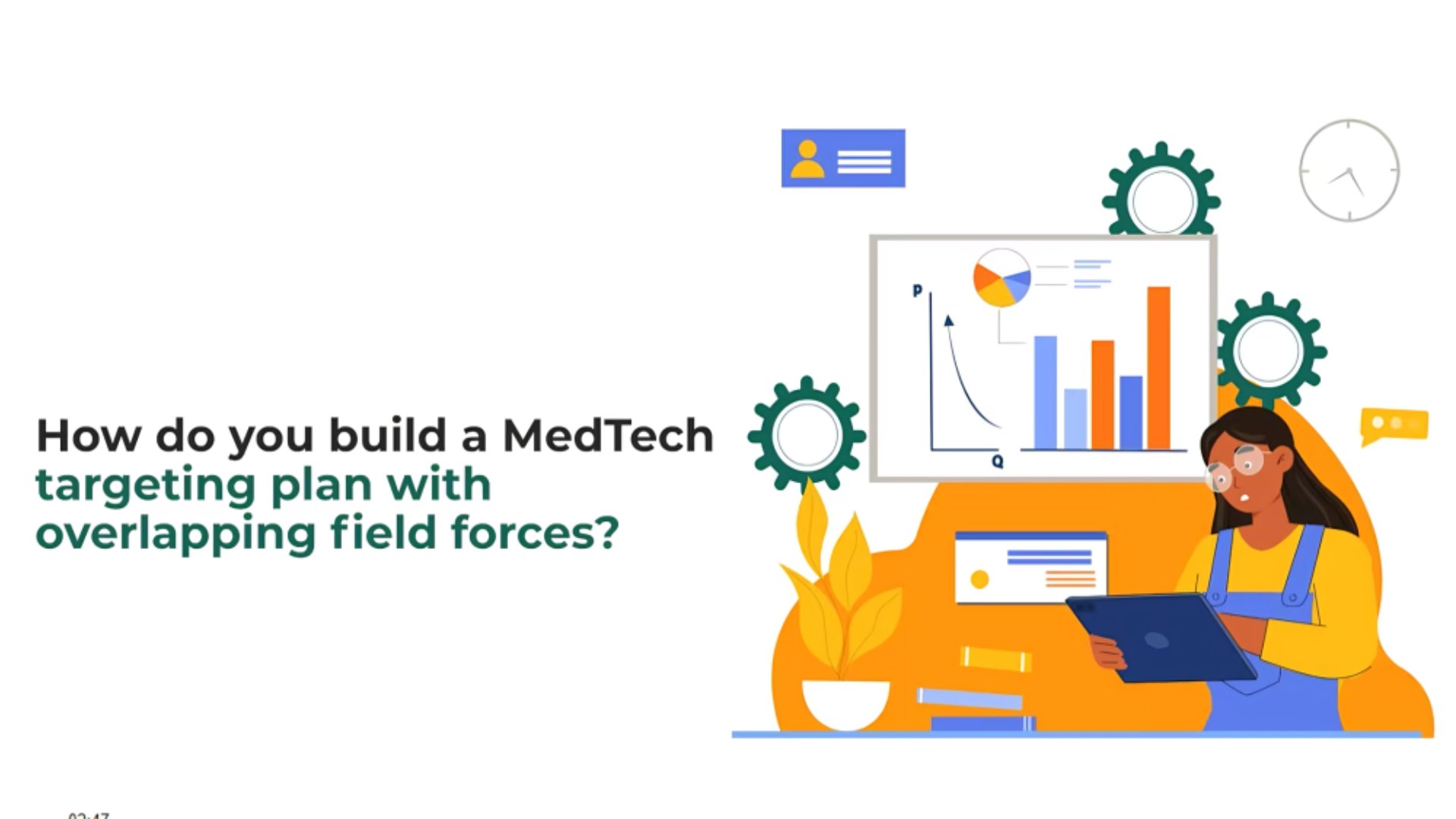All Insights Report Insights from Axtria Ignite 2025 - Examining Ambitions vs. Reality of an Omnichannel Strategy
Insights from Axtria Ignite 2025 - Examining Ambitions vs. Reality of an Omnichannel Strategy
Insights from Axtria Ignite 2025 - Examining Ambitions vs. Reality of an Omnichannel Strategy
Discover real-world insights, case studies, and how AI is redefining omnichannel strategies.

Pharmaceutical companies have invested heavily in omnichannel strategies to deliver personalized, data-driven customer engagement across digital and in-person touchpoints. While early wins like AI-powered content orchestration and improved engagement rates are encouraging, many organizations are still navigating challenges such as organizational silos, regulatory constraints, and technology adoption hurdles.
Dive into the latest insights from Axtria Ignite 2025, where a panel of senior life sciences leaders from Regeneron, Merck, Gilead, Novo Nordisk, and Bristol Myers Squibb candidly shared both successes and challenges, along with practical solutions for making omnichannel a sustainable, high-impact approach.
Top Insights at a Glance
- Mindset Shift and Organizational Buy-In Drives Adoption – Trust in AI and leadership support have paved the way for omnichannel success. As emphasized by a panelist, “Leadership has truly made a point to say that omnichannel strategy is a core part of how we go to market."
- People-Centric Approach Matters – Investing in training and younger talent is key to overcoming resistance, especially in aging sales forces.
- Technology Enables Smarter Engagement – AI tools now orchestrate up to 80% of digital interactions, improving efficiency and revenue. A panelist noted, “With GenAI, we simplified content review processes, allowing faster, more personalized communication that improves patient outcomes.”
- Regulatory and Data Silos Stall Progress – Compliance concerns and fragmented platforms hinder seamless customer journeys.
- Measurement Must Be Layered – From email clicks to revenue growth, aligning KPIs across business levels helps demonstrate real-world value.
Why This Matters
As budgets tighten and expectations rise, the ability to “do more with less” will separate leaders from followers. Discover how next-gen AI tools such as agentic AI and generative AI are reshaping omnichannel approaches, and learn from real-world experiences in overcoming organizational, technological, and regulatory barriers.
Download the full report to explore actionable strategies, expert advice, and next steps to transform your omnichannel vision into measurable, scalable results.
FAQs
Many are already seeing measurable benefits. From orchestrating up to 80% of digital interactions to improved customer feedback and revenue lift (even hundreds of millions in incremental sales for blockbuster drugs). The adoption of next-gen AI tools is helping teams unlock new levels of efficiency and engagement.
Key challenges to implementing omnichannel effectively include:
- Resistance from aging sales forces reluctant to adopt new technologies
- Regulatory and compliance limitations that slow hyper-personalization
- Organizational silos that prevent seamless coordination across teams and external partners
A people-centered approach is key. Engaging internal champions, improving training, offering incentives, and showcasing real-world success stories help build trust and adoption. For example, targeted pilots demonstrated how next best action recommendations boosted prescriptions, encouraging wider adoption.
AI, including generative AI and agentic AI, is transforming engagement strategies. It supports smarter segmentation, faster content review, and real-time recommendations. Agentic AI is also helping reps by autonomously suggesting timely, data-backed interactions in the field.


































